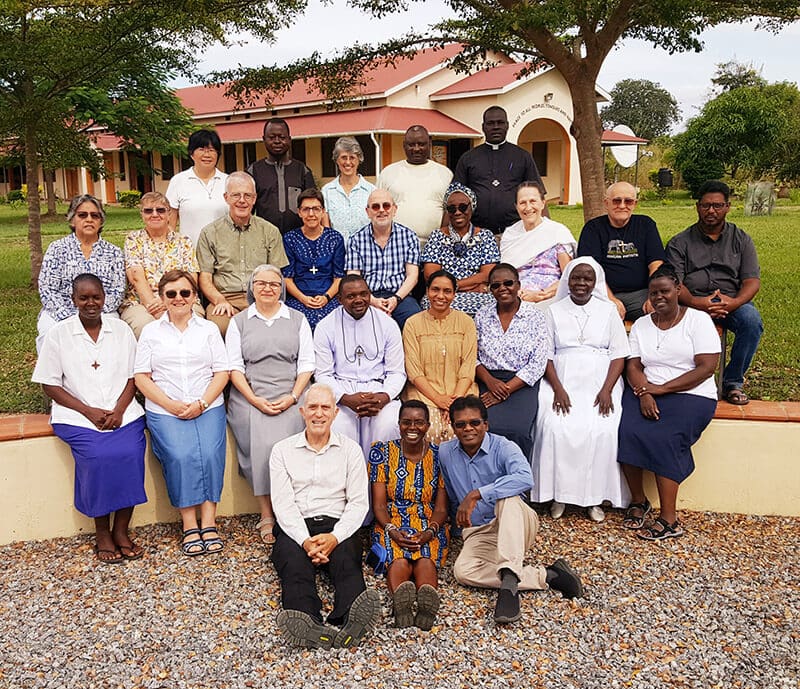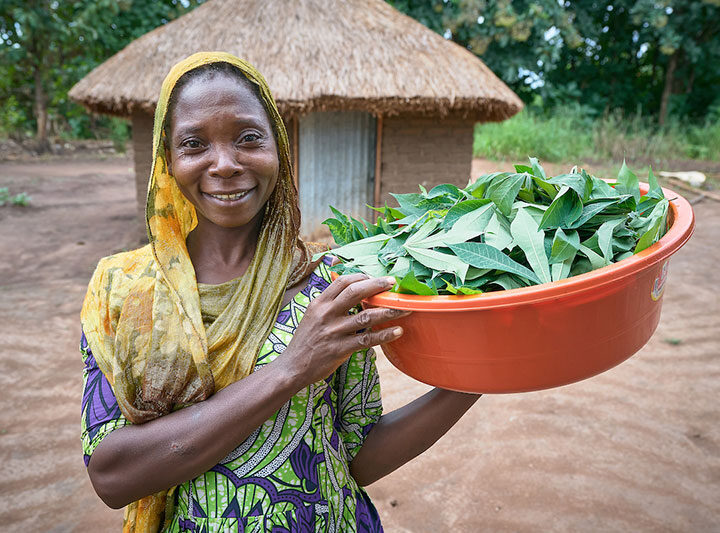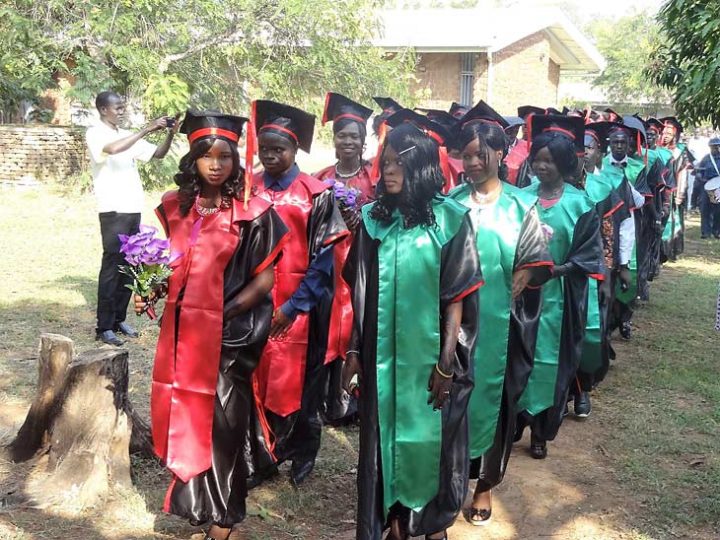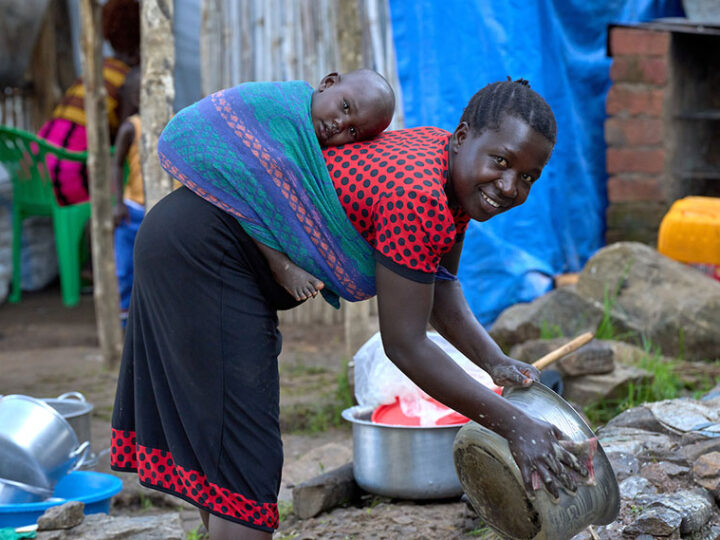
Conflict in South Sudan has been in the headlines for decades. We think of civil war, ethnic struggles and stalled peace processes. Sometimes the conflict is very intense, other times it occurs at “sub national” levels, away from the camera lens, but the consequences remain the same. At all times, it results in human misery.
Another human conflict often escapes our attention but has catastrophic consequences on the lives of hundreds of thousands, leading to poverty, disease, migration and food shortages. Humans are at war with the environment both in South Sudan and globally, with terrible consequences for this and future generations
Take the example of energy and how people cook their food and heat their water. In a country with only token public electricity available, the major source of cooking energy is firewood and the burning of charcoal. In 2015, a survey carried out by UN Environment estimated that 5 million trees were destroyed each year, simply to fuel the needs of Juba city. Who knows what this figure is nationally? This is the economics of poverty and is made possible because people do not have other sources of energy and do not know how to use firewood in a more efficient manner. The charcoal makers are often among the poorest in society, using whatever means immediately available to feed a family for a day. Near the Good Shepherd Peace Center outside Juba is a military camp. There, soldiers often go unpaid for months on end. To keep themselves alive and to offer some small support to their families, many are engaged in charcoal making.
Take another example: the logging and exporting of mahogany and teak trees from the rain forests of Western and Central Equatoria in South Sudan. This activity is not controlled by the government, yet it is happening on a large scale, with little economic reward for the local communities. It is estimated that more than 100,000 tons of teak makes the journey from South Sudan to world markets. The eventual users can be anywhere in the developed economies. At home, the local proceeds from the sale of timber help military factions sustain their conflict activities.
Local deforestation has contributed to the recent flooding in South Sudan, but the root causes are much greater. Experts speak about global climate change, El Nino, and increased rainfall over East Africa. However, the effects are devastating in this country that already has 2.2 million internally displaced people, not counting the millions that live in camps outside the country. According to the UN, almost a million people were affected by the floods in 2022, with water levels rising in the Nile and the Sudd, which are the largest natural wetlands in Africa. About two-thirds of the country is swamped by three years of rising water levels. These waters have swept away homes and livestock, forcing tens of thousands to flee, and inundated large swathes of farmland, worsening an already dire food emergency. In a country that needs to develop, we are continually forced to provide emergency relief to masses of displaced people, running from environmental devastation.
Solidarity, for its part, cannot change the world. However, we can educate our trainee teachers, nurses and midwives about climate change, and encourage small steps to mitigate against this. We can increase our efforts in teaching sustainable farming techniques, especially in Riimenze. We can encourage ecological consciousness among religious in the country, by promoting a workshop on Laudato Si and our common home.
Help us to help others!
Fr. Jim Greene, MofAfr
Executive Director, Solidarity with South Sudan






